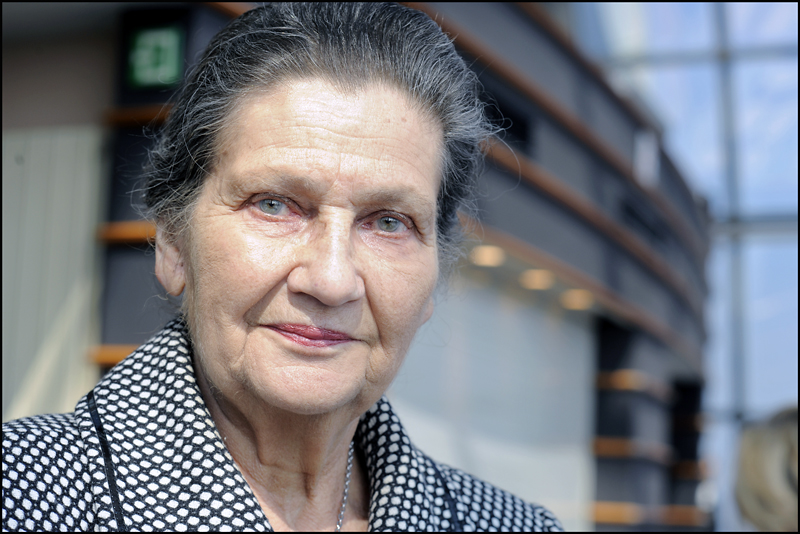Enacted on January 17, 1975, the Veil law authorizing voluntary termination of pregnancy (IVG) celebrates its fiftieth anniversary. This historic reform, championed by Simone Veil, marked a turning point for women’s rights, but obstacles still remain today.
Fifty years ago, Simone Veil, then Minister of Health, defended a controversial text before a predominantly male National Assembly. She faced manifest hostility but also discreet yet decisive support. This compromise, initially limited in time and without reimbursement, nevertheless paved the way for the recognition of women’s right to control their own bodies.
Since then, the Veil law has evolved. Made permanent in 1979, it was followed by the Roudy law in 1982, which required reimbursement by Social Security. The crime of obstructing abortion, introduced in 1993 and subsequently strengthened, as well as the extension of the legal deadline to 14 weeks in 2022, reflect this dynamic. In March 2024, the right to abortion was enshrined in the Constitution, a step hailed as an additional safeguard against persistent threats, both in France and elsewhere.
However, associations point out that access to abortion remains sometimes difficult, particularly in certain areas. They highlight a lack of resources and available professionals.
Calls for the Rehabilitation of Convicted Women
On this anniversary, feminist, artistic, and political collectives are calling for the rehabilitation of women convicted for abortion before 1975, as well as the recognition of victims of clandestine abortions. In a published statement, these figures urge to restore their dignity and to embed their struggle in the history of women’s rights.
Tributes to Simone Veil are also multiplying. In Nice, she was honored at the CUM this morning. A screening of the film Simone, The Journey of the Century directed by Olivier Dahan also took place. In June 2024, a sculpture in her likeness created by Sissy Piana was installed at the Mediterranean University Center.
This commemoration resonates in an international context marked by setbacks in women’s rights in several countries. France, despite its challenges, continues to assert itself as a bastion of these freedoms. But, as Simone Veil herself noted, “vigilance remains essential.”


